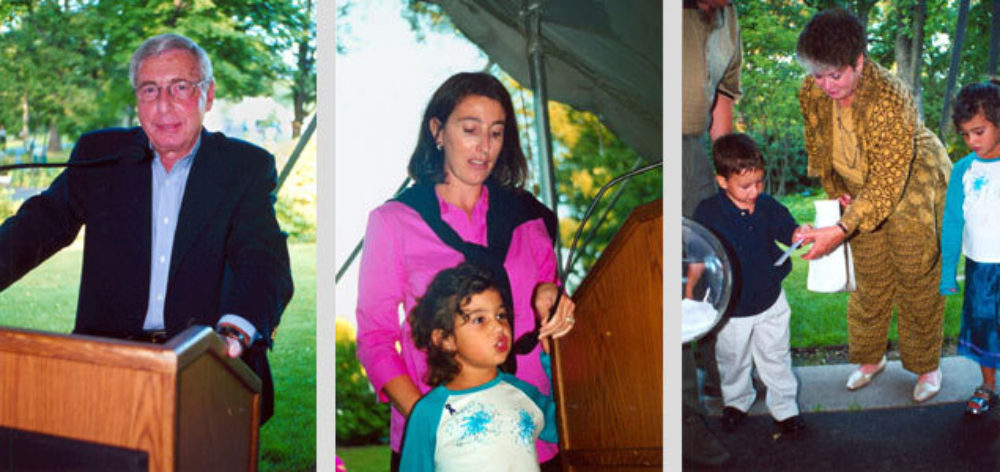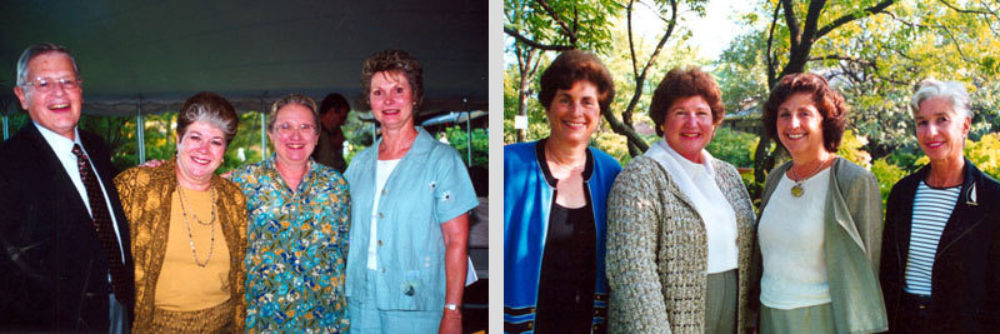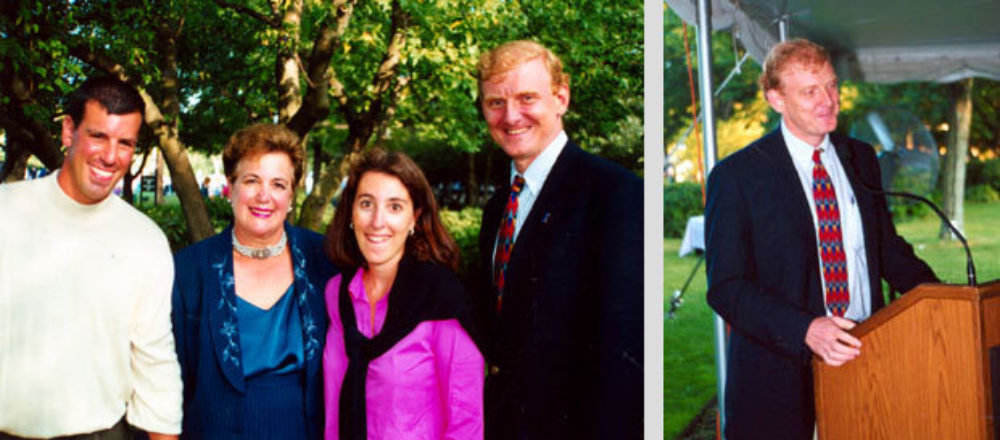The Michael Rolfe Foundation Casino Night Event on September 12, 2009 in Chicago raised over $200,000 for pancreatic cancer research!
To date, the Foundation has raised in excess of $3 million.

Background
The Michael Rolfe Pancreatic Cancer Foundation (formerly named The Michael Rolfe Research Foundation) was formed in 1999 to primarily support research for the early detection of pancreas cancer. Pancreas cancer was selected as the focus of the Foundation's efforts because of the scope of this disease and the limited resources committed to its eradication. Pancreas cancer is the fourth most common cause of cancer-related deaths in both men and women in the United States. Claiming 47,000 lives each year, pancreas cancer is the deadliest of all cancers because it initially presents few symptoms and can take months to diagnose. Average life expectancy after diagnosis is only 3-6 months. Michael Rolfe, the inspiration for the Foundation's efforts, died just two weeks after his diagnosis of pancreas cancer. To date, there has been minimal government funding and minimal private philanthropy directed towards pancreas cancer research.
The objectives for the Michael Rolfe Pancreatic Cancer Foundation's efforts in pancreas cancer are as follows:
- To provide dollars to support the development of a test for the early detection of pancreas cancer. Just as there is a PSA test for prostate cancer, we hope to help find new ways to diagnose pancreas cancer early.
- To provide dollars to support the attraction of young investigators into the field of pancreas cancer. The number of researchers dedicated to pancreas cancer as compared to the deaths from pancreas cancer is staggeringly low, particularly as compared to other areas of cancer research (e.g. breast cancer, lung cancer). Young investigators interested in pancreas cancer are at a critical point in their careers; they have fresh, creative ideas but do not have the track record needed to get grants from the NIH.
- To provide dollars to pursue other promising leads in pancreas cancer research that are currently under-funded.
These objectives will be realized by investing in the necessary infrastructure (e.g. labs, computers, instruments, etc.) and people (scientists, research coordinators, techs, etc.) to accelerate the pace of progress in pancreas cancer research. Key to achieving these objectives is an interdisciplinary team effort that can stimulate breakthrough thinking in this very difficult area.
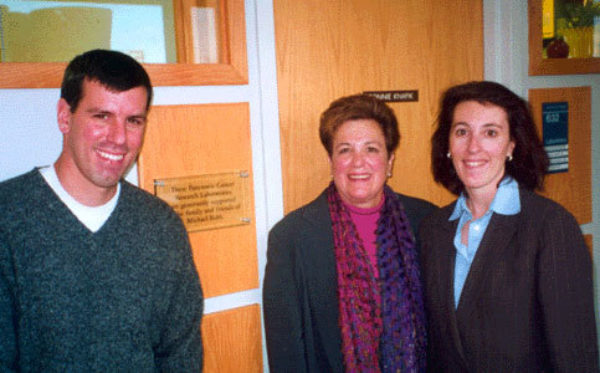
Research
Johns Hopkins has been selected as the primary recipient to date of funds from the Michael Rolfe Pancreatic Cancer Foundation because of the leading interdisciplinary team they have assembled in their fight against pancreas cancer. This team includes scientists, surgeons, oncologists, pathologists and other professionals working at the forefront of major advances in pancreas cancer. These advances include the development of novel surgical techniques, vaccines, new combinations of radiation and chemotherapy and screening tests. Additionally, Johns Hopkins is a recipient of a National Cancer Institute "SPORE" (Specialized Program of Research Excellence) grant in pancreas cancer and one of a select number of institutions participating in a National College of Surgeons study comparing adjuvant therapies, presenting an opportunity to put hundreds of patients in care protocols in the near future. To date, the Michael Rolfe Pancreatic Cancer Foundation has contributed $418,000 to support pancreas cancer research at Johns Hopkins Medical Institutions. These monies have been used to support the Early Detection Lab, open a new lab dedicated to developing a mouse model of pancreas cancer, and to support the application of new gene chip technology to the study of familial pancreas cancer. These monies have served as a catalyst for substantial additional extramural funding and a dozen publications in peer reviewed journals.
In 2002, the Michael Rolfe Pancreatic Cancer Foundation decided to embark upon a second collaboration with Northwestern University Medical School. While not intended to dilute the Foundation's support of Johns Hopkins, this collaboration is being pursued to aid in the expansion of a local donor base and to support Northwestern's efforts to move forward with the creation of a world-class comprehensive pancreas cancer program. This multidisciplinary program will focus on integrating clinical and basic science research innovation in the area of pancreas cancer with the latest treatment and clinical therapies for patients with the disease. Experts in medical oncology, surgical oncology, gastroenterology, radiology, and the basic sciences will fulfill the vision for the Center through collaborative efforts focused on enhancing patient care and advancing knowledge. The Center's education and outreach efforts will be guided by the critical message of early detection and diagnosis. To date, the Michael Rolfe Pancreatic Cancer Foundation has contributed $75,000 to Northwestern University Medical School. These monies will be used to endow the Michael Rolfe Annual Lectureship Fund and to support the Michael Rolfe Pancreatic Cancer Foundation Research Fellowship.
The Michael Rolfe Pancreatic Cancer Foundation has and will continue to collaborate with other organizations dedicated to the eradication of pancreas cancer. Most notably, the Foundation has interfaced with PANCAN, the national association for pancreas cancer in the areas of advocacy and education, and The Lustgarten Foundation For Pancreas Cancer Research. Additionally the Foundation's Steering Committee members attended and reviewed the results of the National Cancer Institute's Progress Review Group (PRG) on pancreas cancer in the Fall of 2000.
The Michael Rolfe Pancreas Research Foundation expects to sustain its efforts in the future by growing and further cultivating its donor base, including individuals, family foundations and corporations. These efforts will be aided by the Foundation's support of a Chicago-based organization (Northwestern) and the grateful patients/families affiliated with Northwestern. Additionally, the Foundation is currently undergoing a reorganization to enable a more efficient approach to fundraising and expansion of major supporters of the Foundation.
The Michael Rolfe Pancreatic Cancer Foundation evaluates its efforts at the end of each calendar year with the Foundation Board reviewing progress on its sponsored research activities and documenting specific areas of progress for review by all contributors. To date, this list has been impressive, including the proven effectiveness of a vaccine to increase survival rates and the opening of a new lab committed to developing a mouse model for studying specific pancreas cancer diagnosis and treatment applications.
Additionally, the Foundation evaluates the outputs of the new staff who have been funded through the Michael Rolfe Pancreatic Cancer Foundation and their track records in attracting additional funding to support their work. Specifically, scientists who have gotten their initial "seed money" from the Michael Rolfe Pancreatic Cancer Foundation have been able to triple this initial money with additional dollars from NIH and other grant funding vehicles within a 1-2 year period.
From the Family ▼
Michael Rolfe
September 9, 1937 - March 31, 1999
"As long as we can love each other, and remember the feeling of love we had, we can die without ever really going away. All the love you created is still there. All the memories are still there. You live on in the hearts of everyone you have touched and nurtured while you were here."
"Death ends a life, not a relationship"
- excerpt from Tuesdays with Morrie
My husband Mike and I had a love affair that lasted 45 years. We married at the tender ages of 21 and 19 respectively, lived a healthy and full life, and were blessed with three wonderful children and five grandchildren. Mike was an "other centered" person. He was a mentor to many; friends and colleagues have told me over and over again how important Mike was in their life and how he encouraged and listened to them in good times and bad. He was an active participant in many charitable groups, a leader in our community and Chicago. He set high standards for himself; he was a lifelong learner. At age 55 he returned to graduate school to earn an MBA at the University of Chicago. He had boundless energy and a wonderful mind. He was such a loving and devoted husband and father. He was a man of integrity and good deeds. He loved life and everyone he encountered. October 12, 1998 changed our lives forever. My husband suffered a mild heart attack, followed by bypass surgery and ten hospitalizations over the next six months for strokes, deep vein thrombosis (blood clots), fluid in his lungs, and finally the diagnosis of Pancreatic Cancer. The physicians in charge of his care were dedicated doctors, but at a loss for what was causing this healthy man to suddenly fall apart. It wasn't until two weeks prior to his passing that the diagnosis had a name, Pancreatic Cancer. At that time, the cancer had spread to his lungs. From then on, it was down hill with all vital organs one by one failing.
Our entire family searched for answers both from the medical staff, the Internet, and finally research institutions across the country. It was too late for my husband. I lost my beloved soulmate, our children lost their devoted father, our young grandchildren, a loving doting grandfather, and our friends and his business colleagues, a cherished confidant and mentor. We all are committed to learning more about Pancreatic Cancer and to assisting the "state of the art" research team in the "Early Detection Lab" at Johns Hopkins to battle this deadly disease. We learned that there is a prevalence of Eastern European Jews that are at risk for Pancreatic Cancer, 50-65 is the prevalent age group effected, and it is generally believed that there is a hereditary risk factor. When the disease is diagnosed, it is usually too late! We need to continue to look for ways to detect the disease early on and learn effective ways to treat and hopefully find a cure for this deadly Cancer.
We have endowed the Michael Rolfe Fund for Pancreatic Cancer Research at Johns Hopkins Medical Center to encourage and fund continuing research on this disease, particularly in the domain of early detection. Mike's family and friends are committed to fighting this disease and to making a difference for others. We encourage and welcome you to join us in the fight against this deadly disease.
Judy Rolfe
Andy Rolfe, Lisa and David Burik, and James Rolfe
Giving ▼
The Michael Rolfe Pancreatic Cancer Foundation exemplifies how private donations can honor loved ones and at the same time have a significant impact in the war against pancreatic cancer.
If you wish to support the Michael Rolfe Pancreatic Cancer Foundation at Johns Hopkins you may do so by sending your tax-deductible contribution payable to The Johns Hopkins University to:
Ralph H. Hruban, M.D.
The Johns Hopkins Hospital
Department of Pathology
600 N. Wolfe Street
Carnegie 417
Baltimore, MD 21287
Please be sure to specify in the memo field of your check that your donation should be earmarked for The Michael Rolfe Pancreatic Cancer Foundation.
If you have any questions about how you can help support pancreas cancer research, do not hesitate to give us a call: 410-955-9791.
Past Events and Photos
2009 ▼
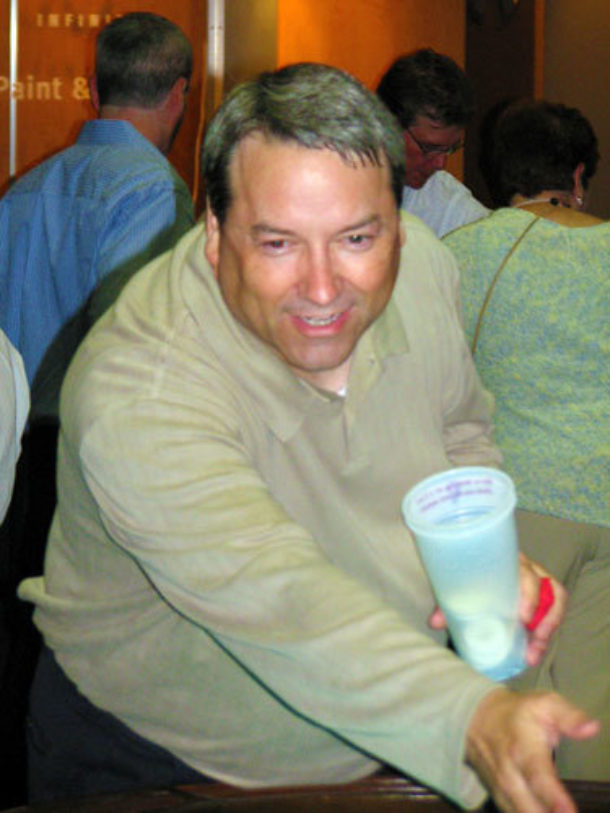
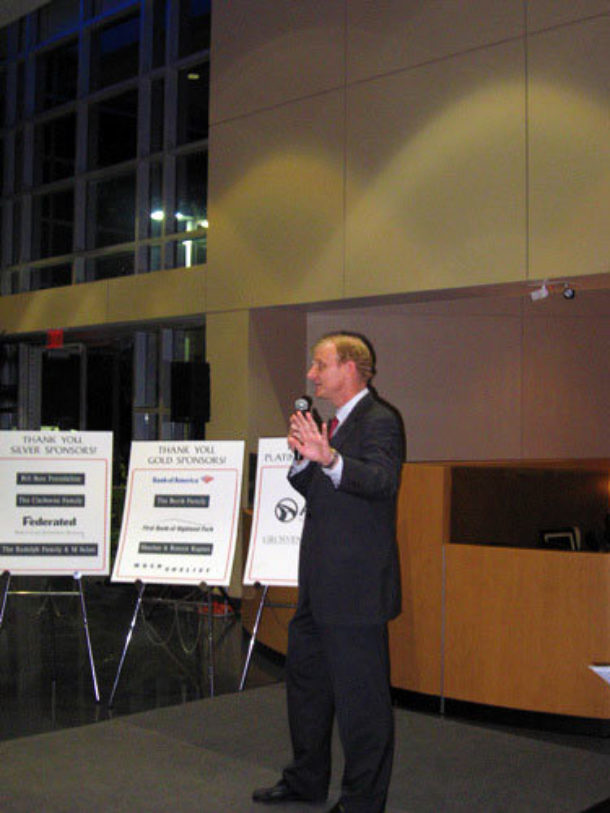

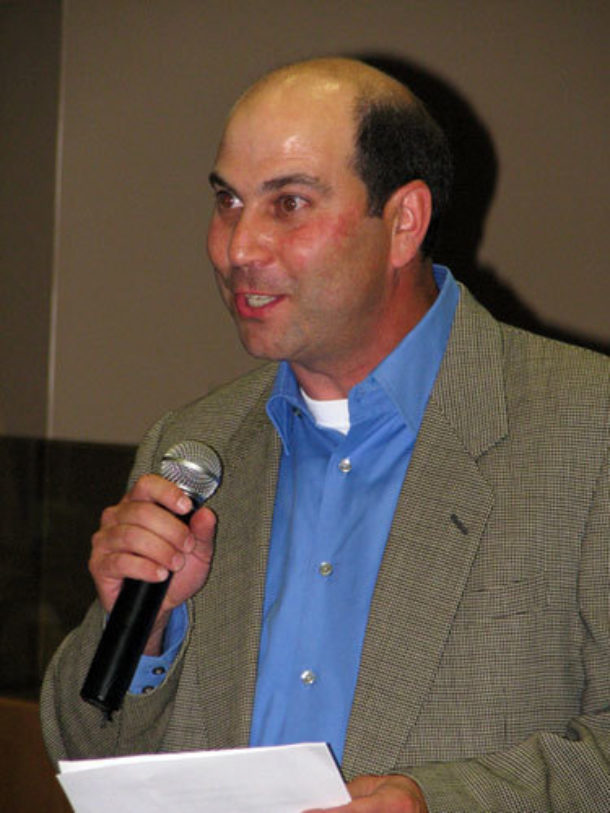
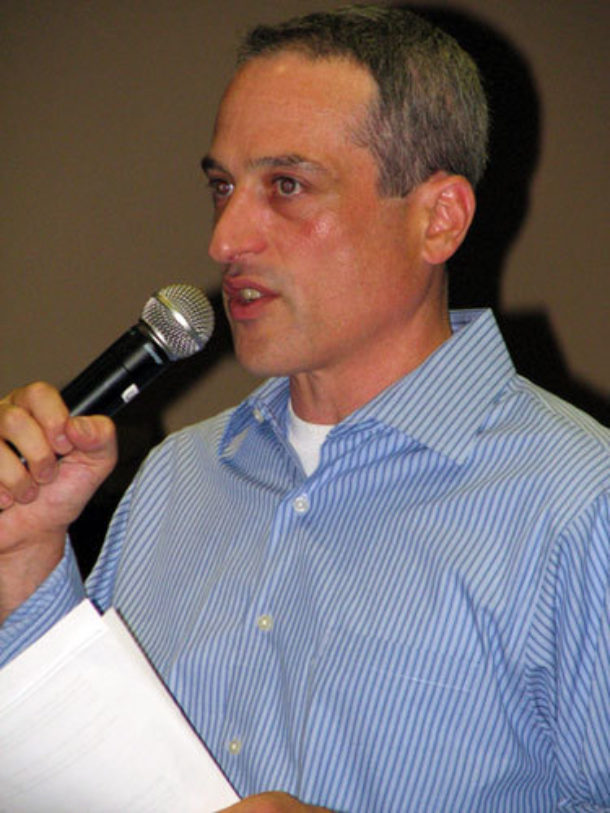
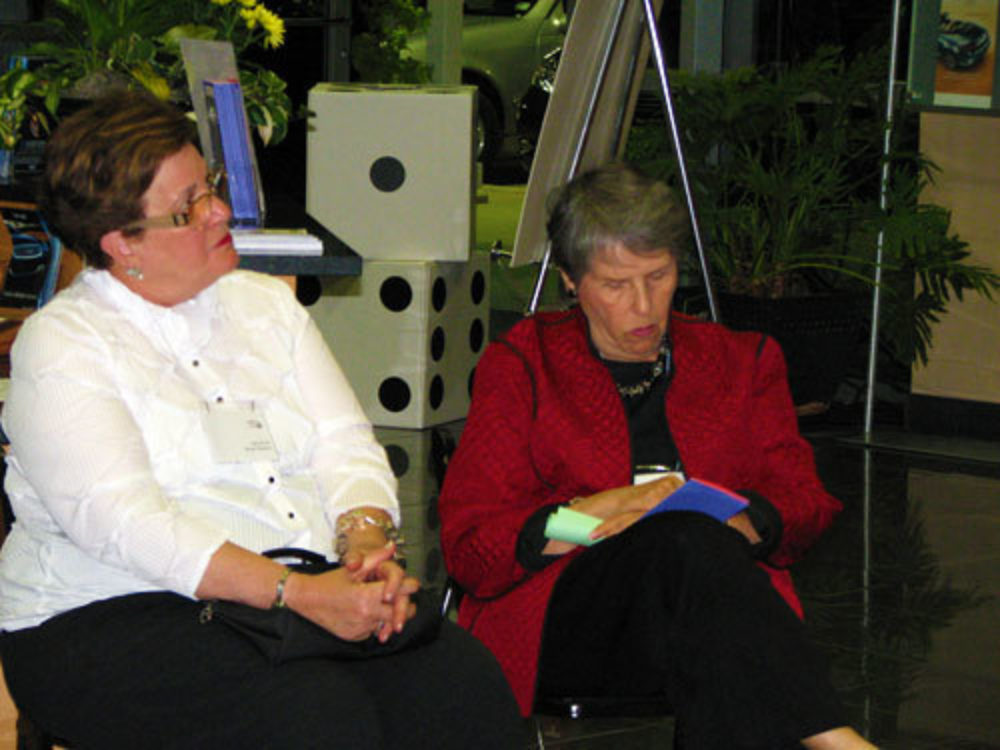
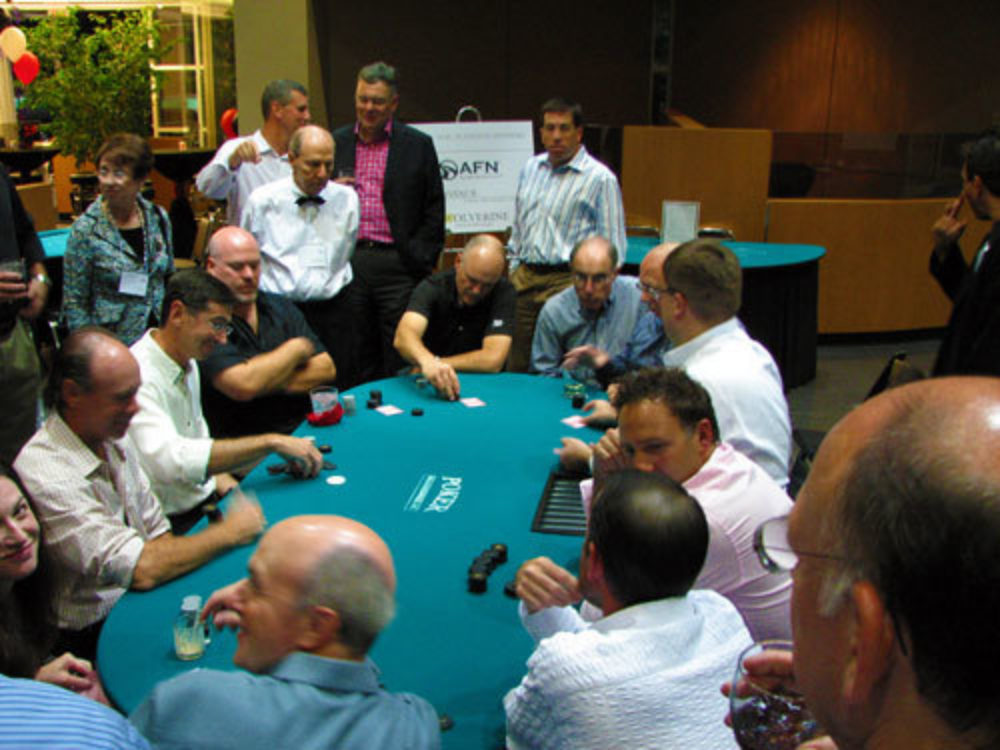
2008 ▼
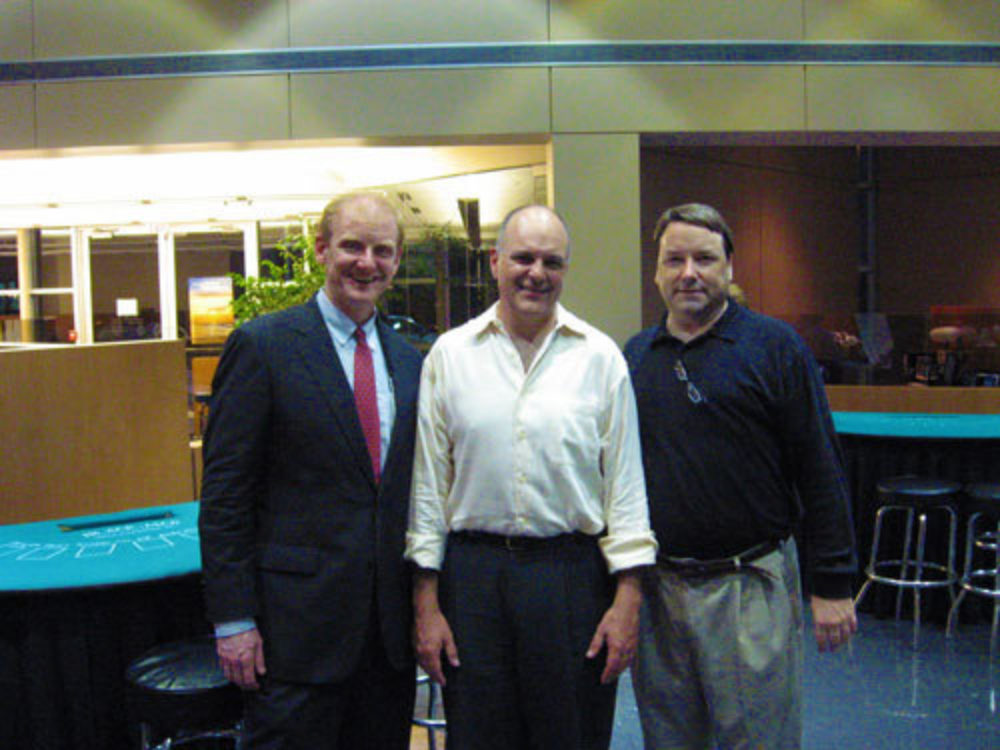

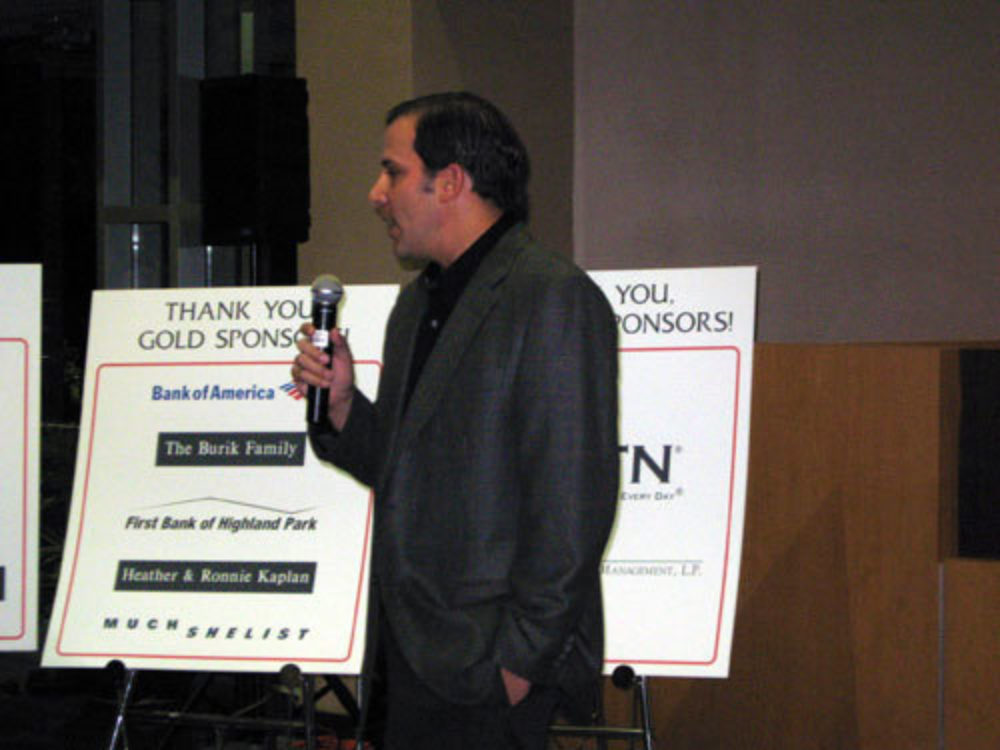
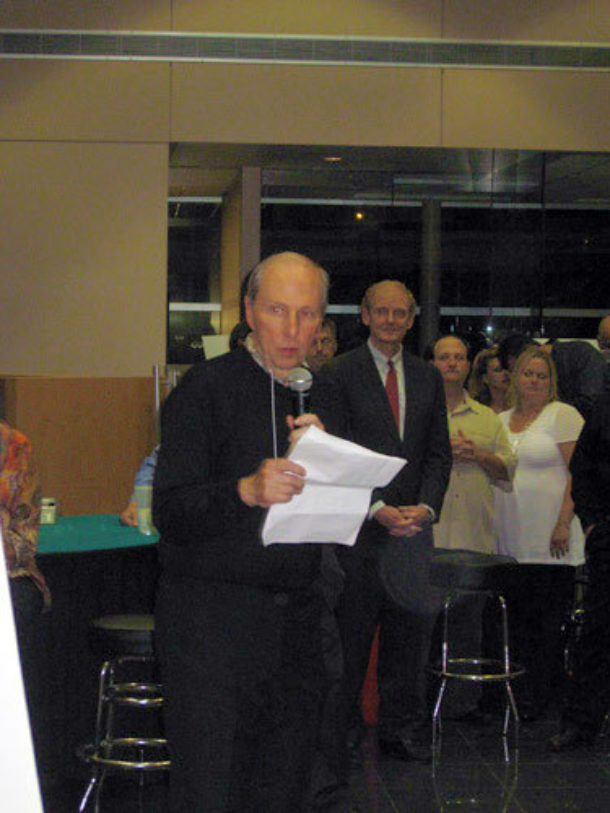
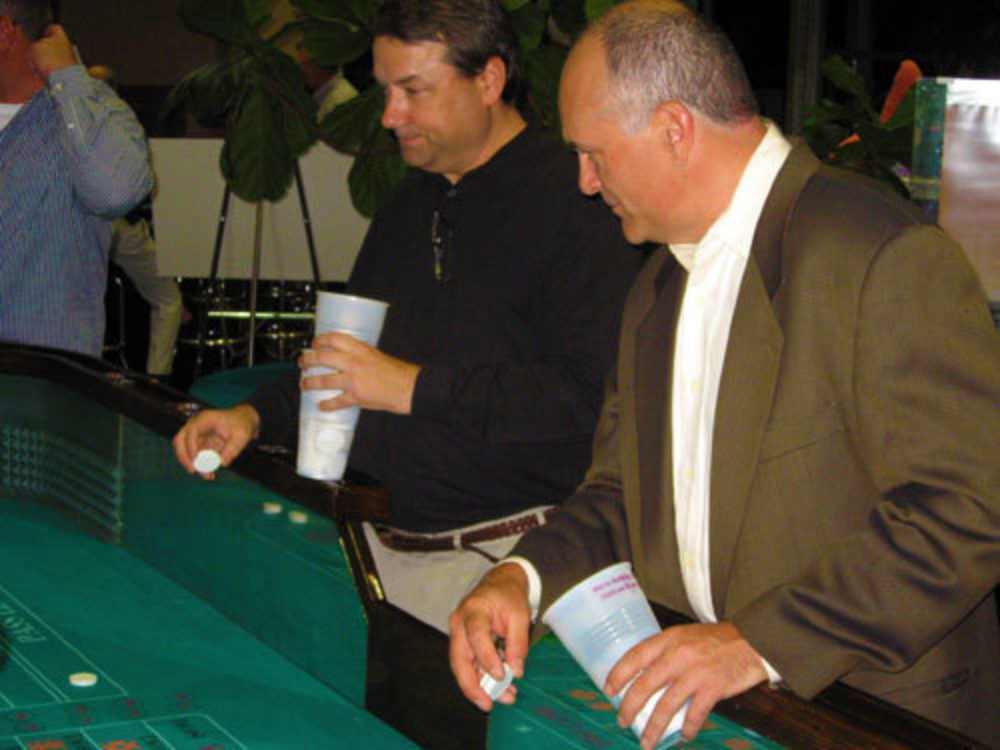
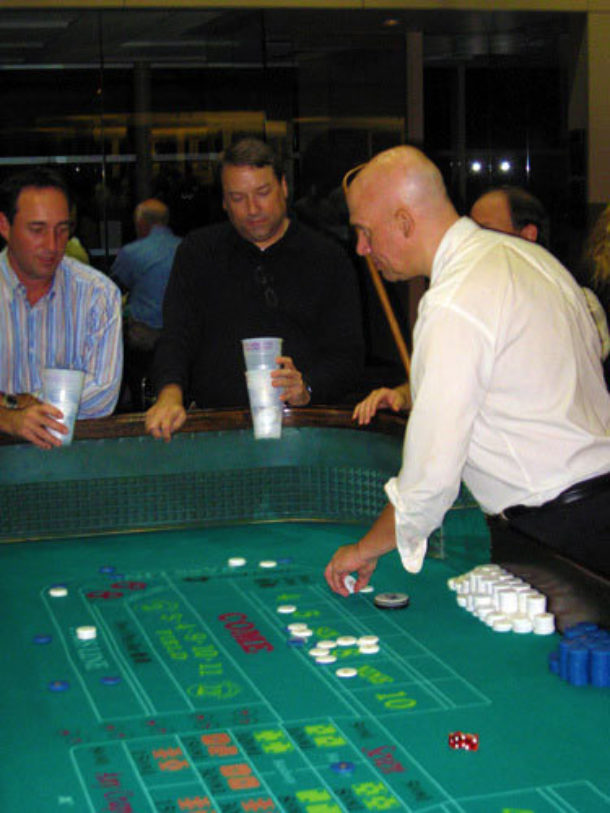
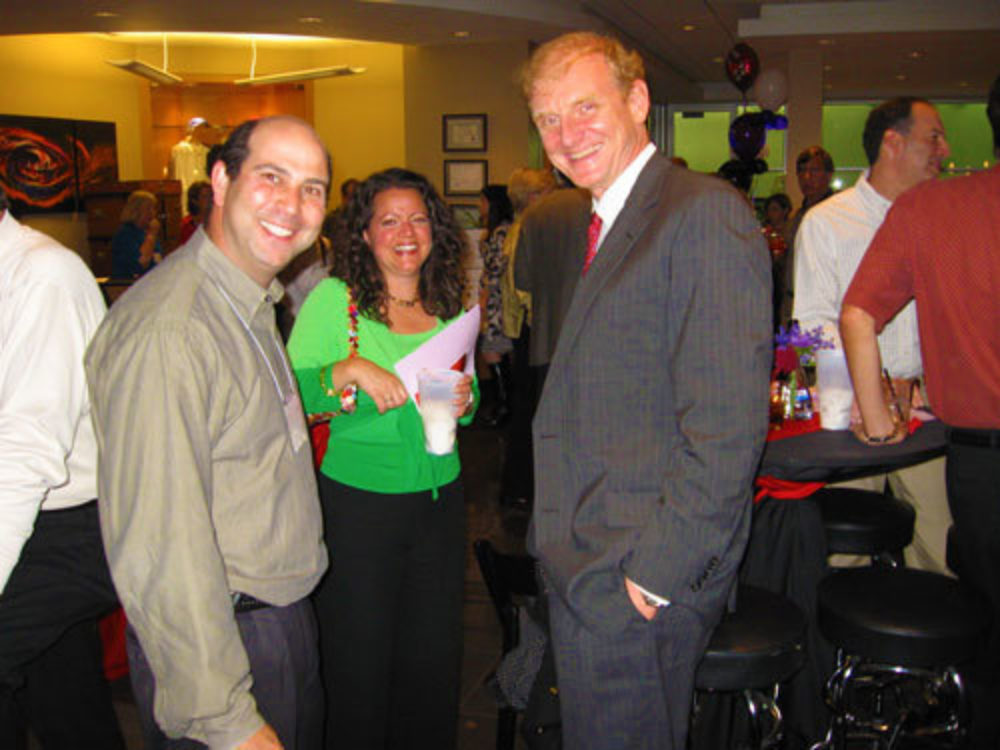
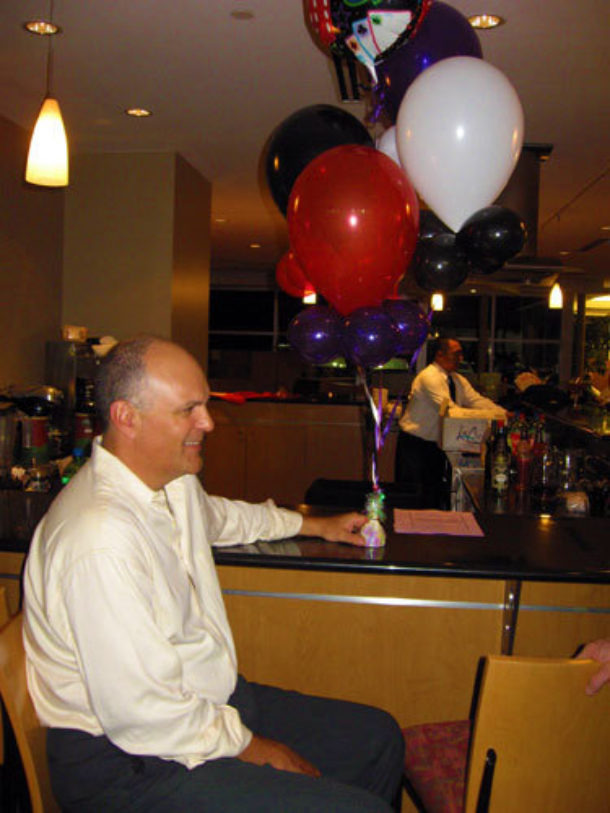
2005 ▼
Charity Casino Event
June 2005 - Chicago, Illinois
2004 ▼
The Fifth Annual Michael Rolfe Pancreatic Cancer Foundation Gala
August 8, 2004 - Cadillac PallaceTheatre, Ravinia Festival in Highland Park, Illinois
WE THANK YOU!!!
More than 150 guests were in attendance. The Rolfe Foundation raised approximately $100,000 from this benefit through ticket sales, contributions, silent auction bids, and ad sales in its program book. Thanks to the support of the Foundation's ad sponsors, nearly all funds raised will be used directly in support of programs that support the Foundation's mission.
2003 ▼
The Fourth Annual Michael Rolfe Pancreatic Cancer Foundation Gala
June 1, 2003 - Cadillac PallaceTheatre, Ravinia Festival in Highland Park, Illinois
The Lion King
We have about 100 good main floor seats left to sell at $200.00 per ticket.
For ticket information please call: (847) 432-4927.
2002 ▼
The Third Annual Michael Rolfe Pancreatic Cancer Foundation Gala
Happy Birthday, Doc!
Doc Severinsen and the Ravinia Festival Orchestra with Erich Kunzel Conducting Ravinia Festival, Hightland Park
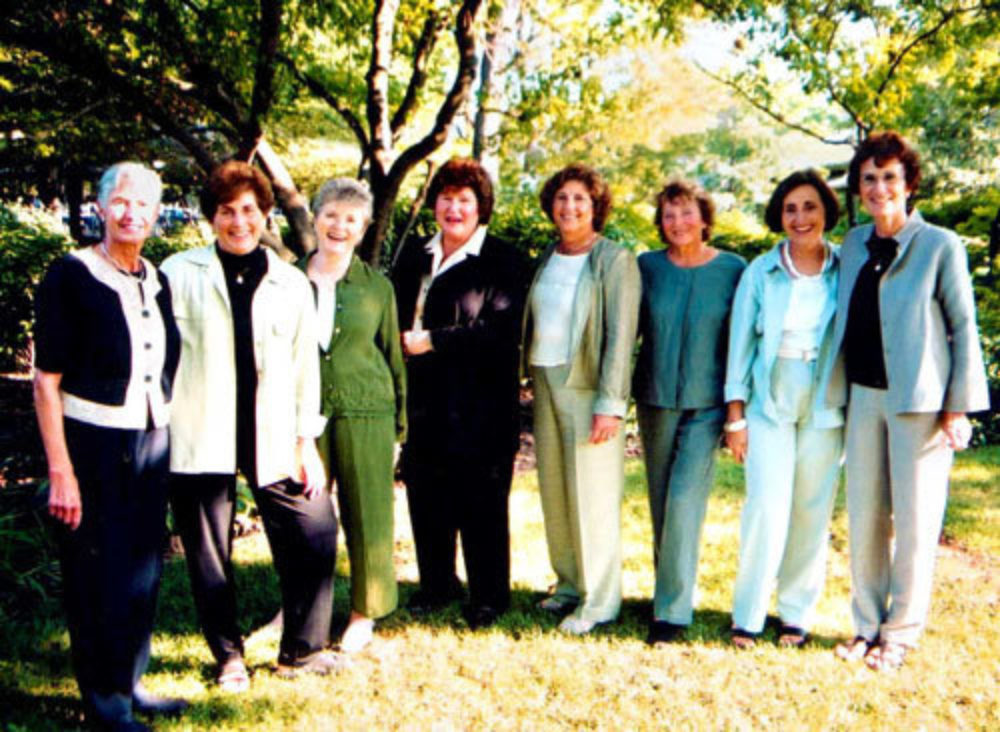
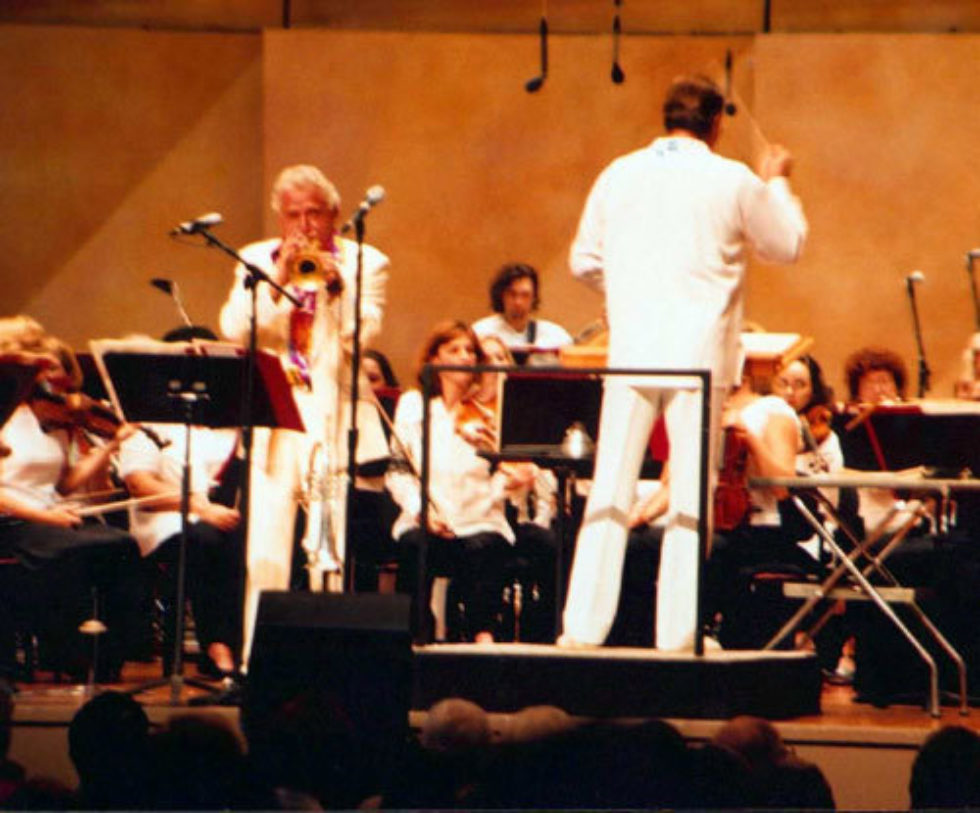
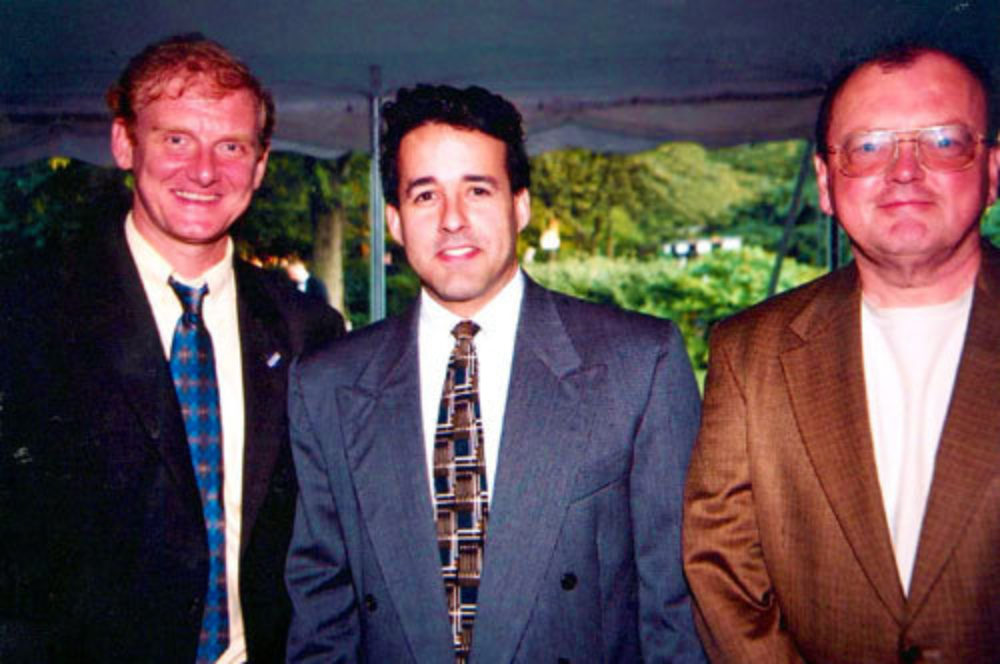
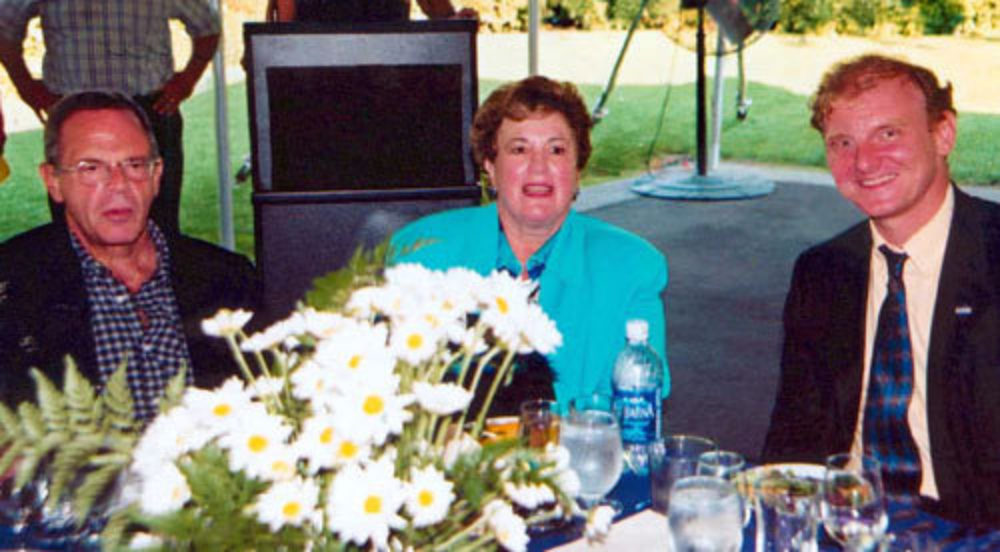
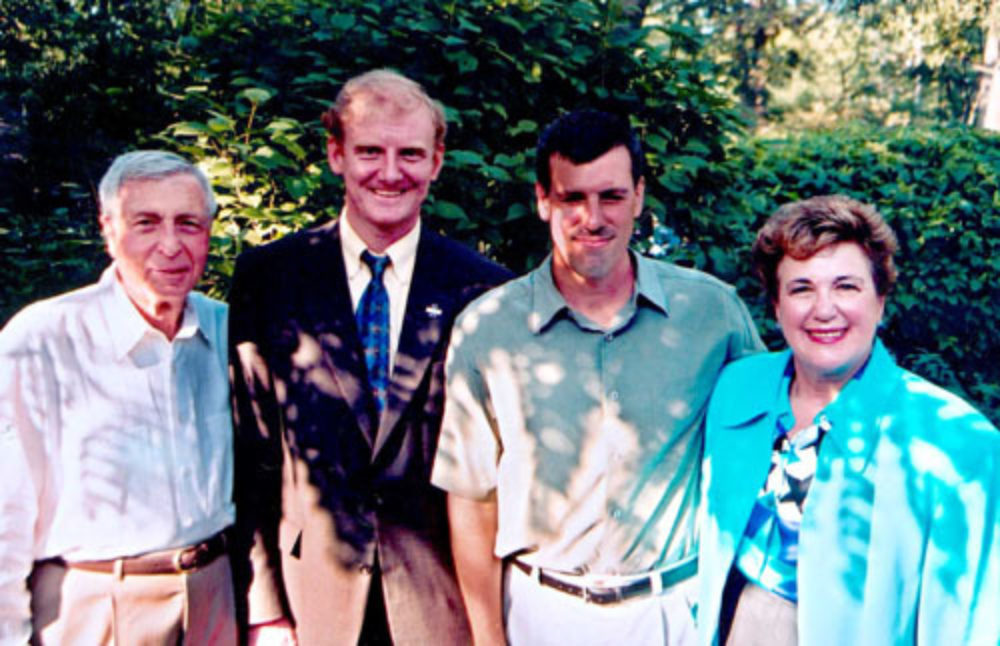
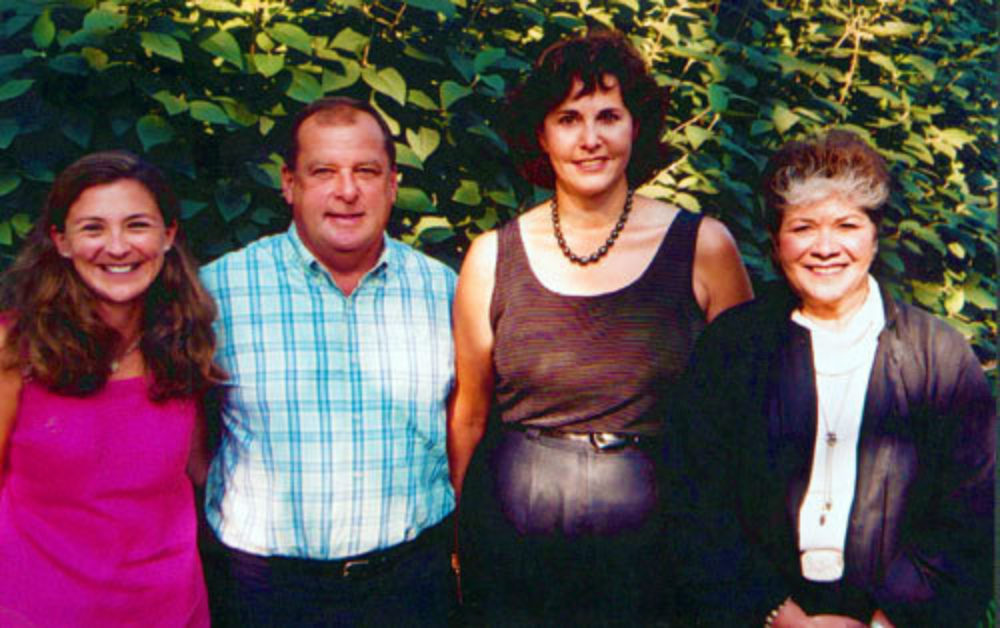
2001 ▼
The Second Annual Michael Rolfe Pancreatic Cancer Foundation Gala
All That Brass
The Michael Rolfe Pancreatic Cancer Foundation's second fundraiser at the Ravinia Festival, Highland Park, was a huge success. They raised lots of money and donated $125,000 of the proceeds to Hopkins to support the Rolfe Endowment at Hopkins and Anirban Maitra, a young scientist who has recently joined the team.
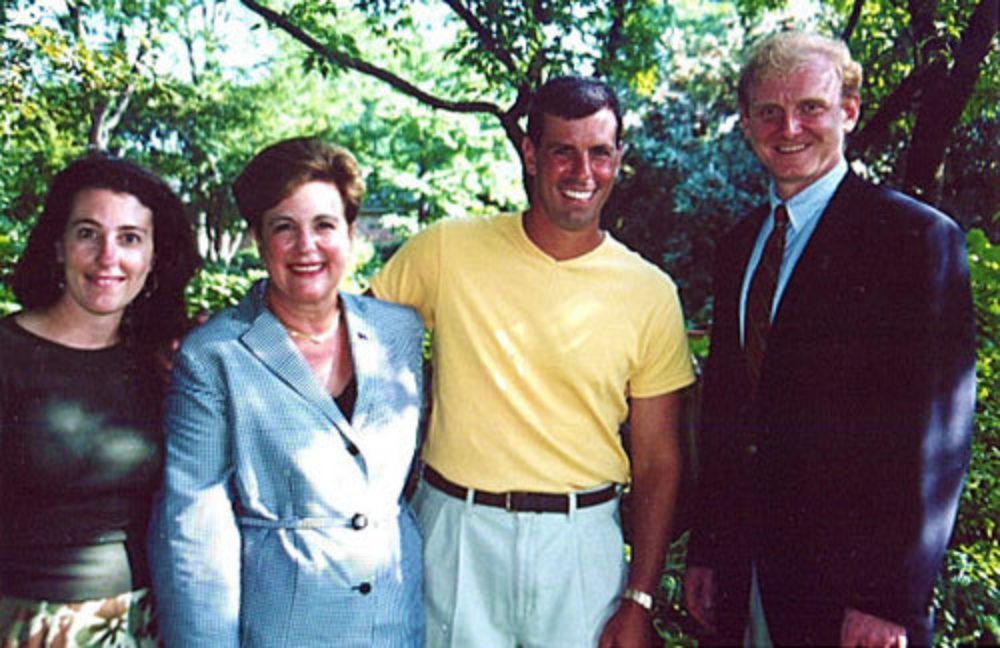
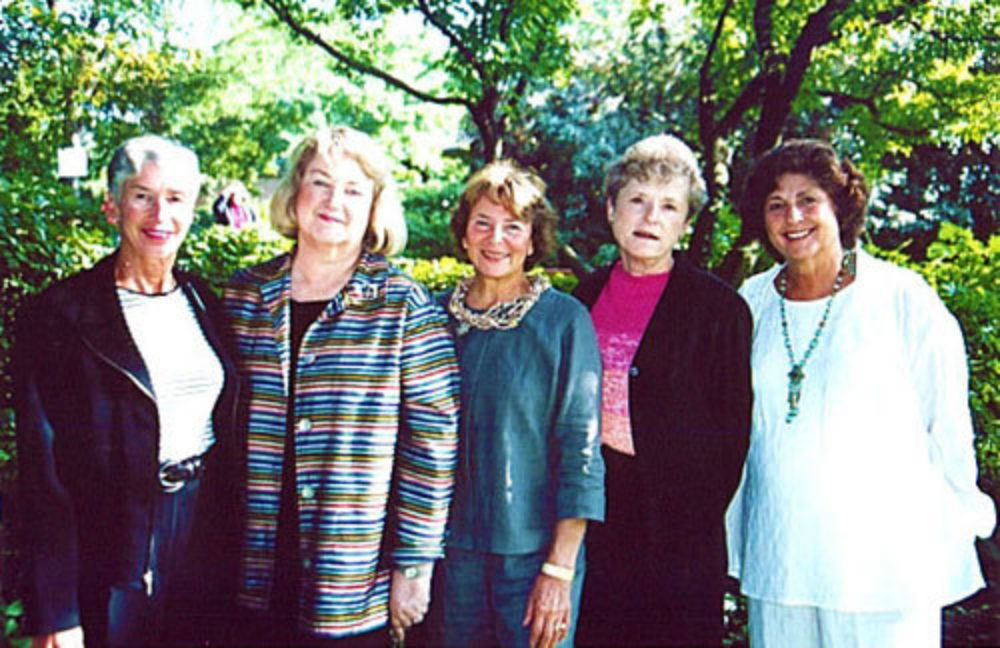
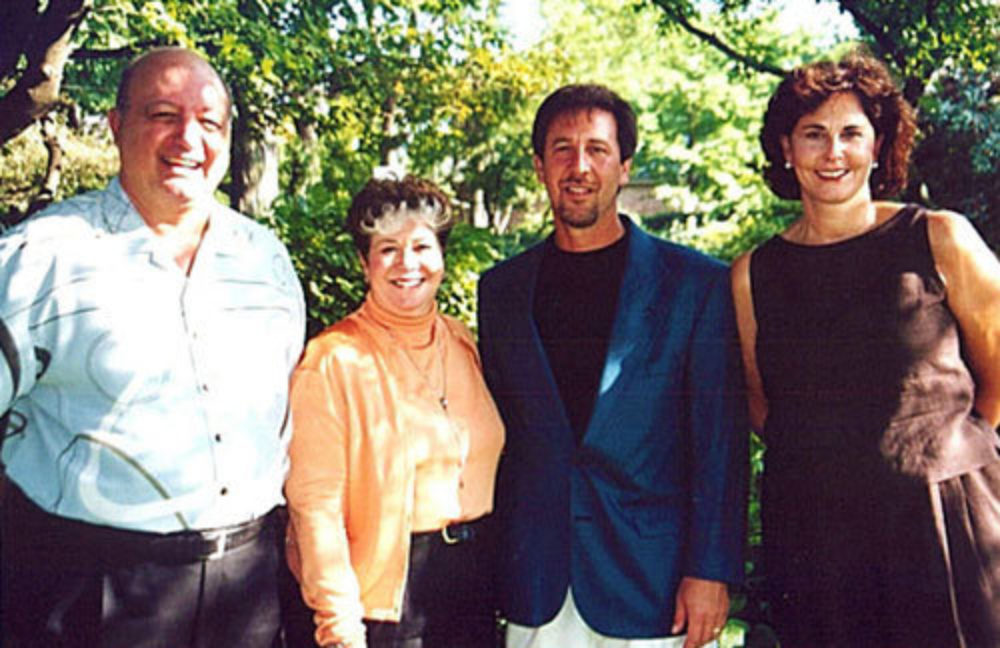
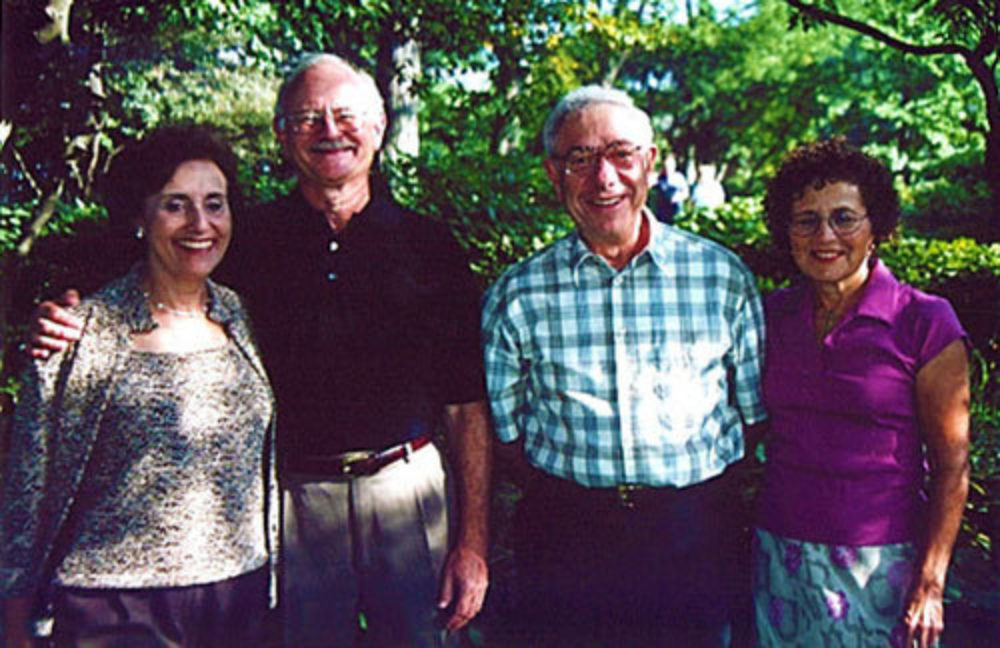
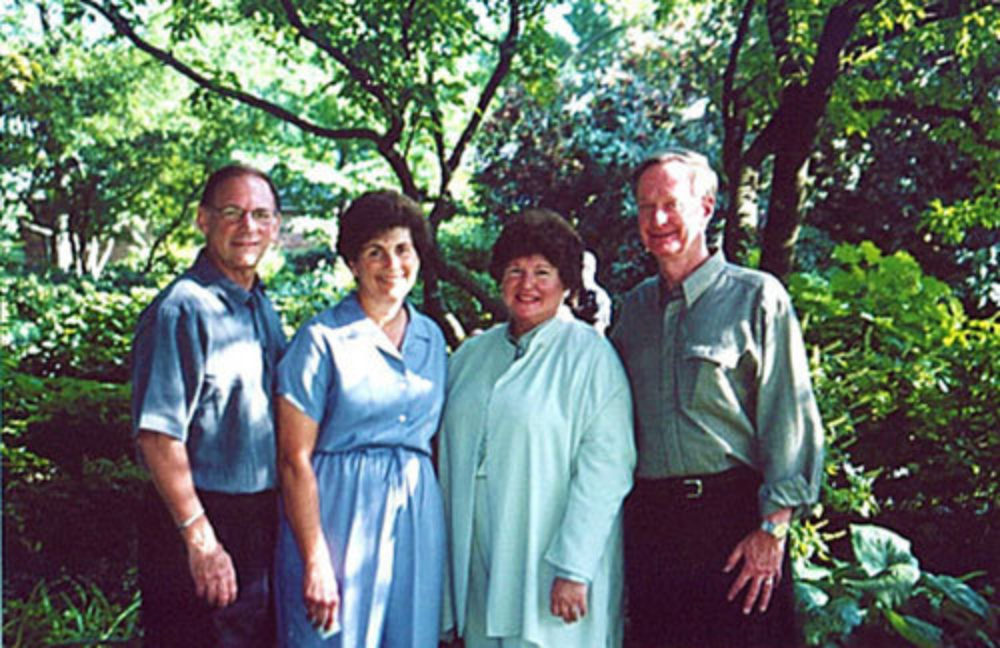
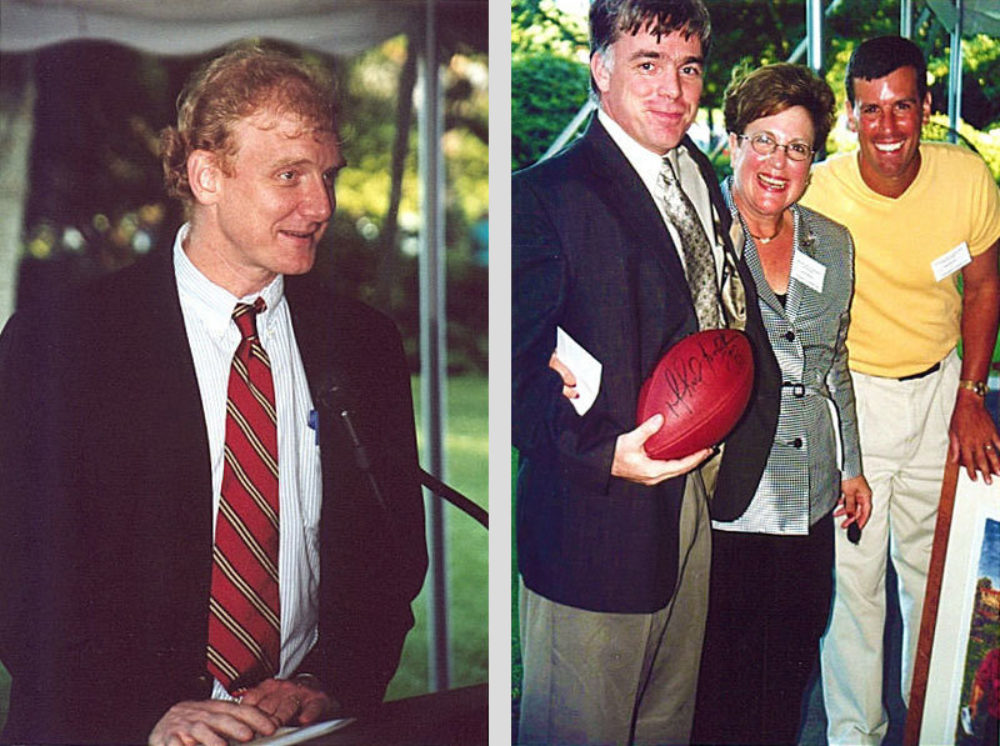
2000 ▼
The First Annual Michael Rolfe Pancreatic Cancer Foundation Gala
20th Century Broadway
The first annual Michael Rolfe Pancreatic Cancer Foundation Gala was a huge success. The event, held on August 27, 2000, raised over $140,000. These funds will supply critical support for Gloria Su's new lab and help endow the Michael Rolfe Fund for Early Detection.
